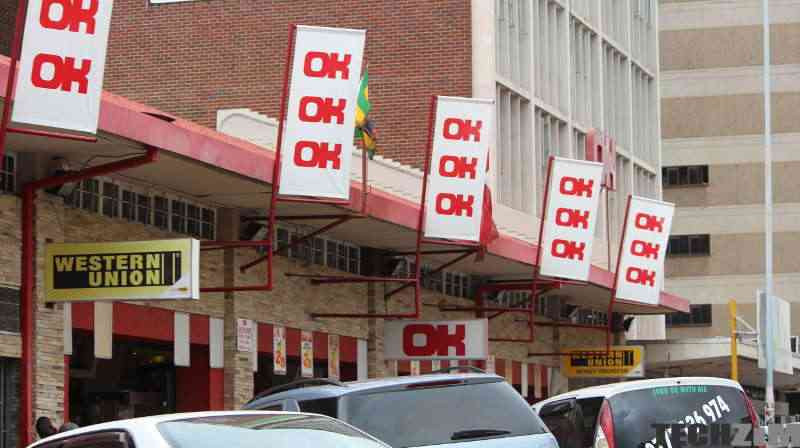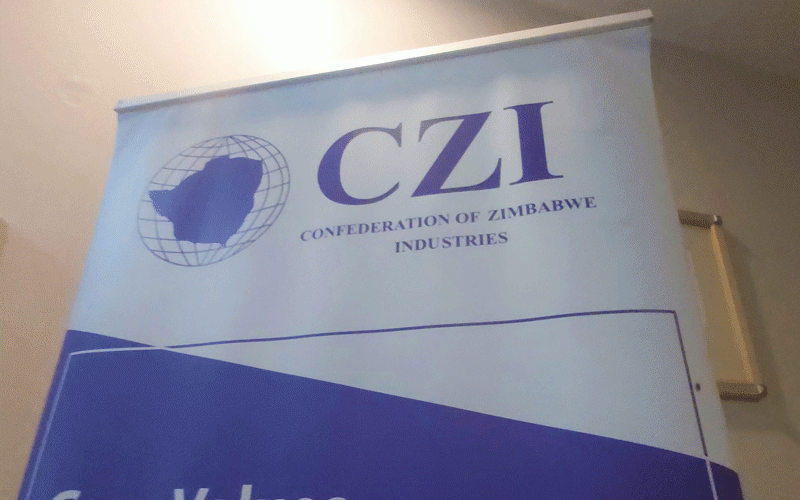
PRIVATE equity investor, BridgeFort Capital Limited (BridgeFort) will dump most of its net monetary assets in local currency and for investee companies as it seeks a Victoria Falls Stock Exchange (VFEX) listing.
VFEX only trades in foreign currency. In its 2023 annual report, BridgeFort chief executive officer Vernon Lapham said the firm’s focus for the year was to list on the VFEX and conclude a transaction with Diaspora Kapita Proprietary Limited.
The transaction with Diaspora Kapita Proprietary Limited involves BridgeFort acquiring a predominantly South Africa-based business from it.
“Our current focus is on the move of the listing to the Victoria Falls Stock Exchange and concluding a transaction with Diaspora Kapita,” Lapham said.
This comes as the VFEX listing would strengthen the firm’s balance sheet as foreign currency is transacted on that bourse.
“The company aims to hold minimal net monetary assets in local currency and for investee companies, this will also be a key reporting matter and the board appointees will advocate for the same approach,” BridgeFort said.
Explaining the move away from holdings net monetary assets in local currency, BridgeFort said the local currency held no value.
“Increasing money supply results in inflation and devaluation of the local currency. The formal economy transacts in both foreign and local currencies. The risk of holding any net local currency monetary assets is significant due to rapid loss of value,” BridgeFort said.
- Simbisa Brands mulls VFEX listing
- Simbisa Brands listing boost for VFEX
- Simbisa unveils broad VFEX listing roadmap
- ‘Nedbank financial instrument listing on VFEX a game-changer’
Keep Reading
“The local currency has little to no use as a store of value and accelerating inflation makes transactional use of the local currency increasingly difficult.”
BridgeFort is closely working with investee company management teams to formulate the strategy and pursue growth opportunities to drive superior investment returns.
“The company has no bank facilities. Portfolio companies must nurture and maintain strong banking relationships to aid in the facility renewal processes,” BridgeFort said.
“While we generally will not participate in day-to-day portfolio company operations, we provide board-level advice, informally and at board meetings, and governance expertise to management teams. BridgeFort seeks control of, or significant influence over, all major business decisions that may significantly impact a company’s value.”
Efforts to assist management include, among other things, developing and refining strategic objectives, providing a third-party perspective on company performance, designing incentive structures, and ensuring required financial and other information is provided and analysed in a timely fashion.
“BridgeFort aims to structure management incentives with the aim of ensuring our alignment of interests and retention of key executives,” the firm said.
The company had US$480 118 in total assets as of the end of last year, from a 2022 comparative of US$192 318.
“The introduction of ZiG on April 8, 2024 accompanied by a commitment to control money supply and eliminate quasi-fiscal activities has seen a significant improvement in exchange rate stability. The imposition of VAT [value-added tax] on supplies such as chicken and beef, among others, has been a boon for the informal sector and threatens the survival of formal sector players,” BridgeFort chairman Christian Beddies said.
“The year has started off slowly, with many businesses reporting reduced volumes. Electricity generation is a concern, and the price has moved from being unrealistically cheap to being expensive much like City of Harare rates bills and various other charges. The biggest threat to formal businesses this year is the potential for the Reserve Bank (of Zimbabwe) to debase the USD [United States dollar] nostro balances, which would be disastrous for the economy.”
He said already, there were concerns in that regard.











